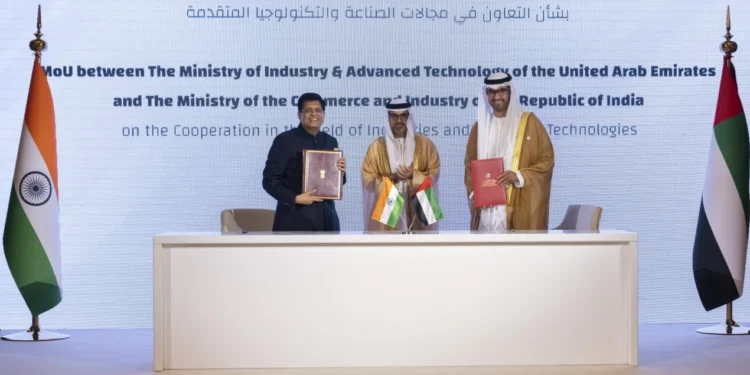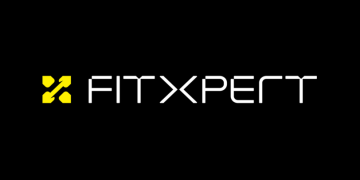The UAE and India are turning their diplomatic partnership into startup opportunity. In recent months, new agreements have opened structured pathways for Indian founders, especially those outside Tier-1 hubs like Bengaluru or Delhi, to access capital, mentorship, and markets in the Gulf.
The scale of interest is already clear. The UAE–India CEPA Council says more than 10,000 Indian startups applied to its startup series in just 50 days. The surge highlights both India’s vast founder pipeline and the UAE’s pull as a global innovation hub.
The Deals in Focus
One headline agreement is the creation of an India Startup Hub in Sharjah, announced by the Sharjah Entrepreneurship Center (Sheraa) and Startup Middle East. The hub will link Indian startups to programs like Sheraa’s Access Sharjah Challenge and Sharjah Startup Studio, giving them direct entry into the emirate’s innovation ecosystem.
The CEPA Council has also signed MoUs with Indian institutions to widen the funnel beyond Tier-1 cities. IIT Delhi’s FITT and Banaras Hindu University are among the partners, channeling early-stage founders into UAE markets. Major events such as Startup Mahakumbh and Huddle Global reinforce the bridge between both ecosystems.
Why Indian Founders Are Looking West
India is already home to the world’s third-largest startup ecosystem after the U.S. and China. But competition for capital has grown tighter, especially after a funding slowdown in 2023–24.
The UAE offers something different: easier access to investors, faster entry into Middle Eastern markets, and proximity to Africa, where demand for digital services is growing quickly. For Indian founders, the draw is not just money but also location and reach.
The CEPA Council’s outreach to Tier-2 and Tier-3 institutions like Banaras Hindu University makes that clear. This isn’t only for Bengaluru or Delhi startups. Smaller-city founders are also being plugged into UAE programs.
UAE’s Play
The UAE is building structured on-ramps for Indian founders. In Sharjah, Sheraa and Startup Middle East have launched an India Startup Hub that connects startups to the Access Sharjah Challenge and Sharjah Startup Studio. The 2025 ASC cycle even advertises a AED 250,000 pilot contract for winners, tangible market entry, not just exposure.
On the federal track, the UAE–India CEPA Council has turned policy into a pipeline via the Start-up Series. The initiative runs nationwide roadshows in India with staged selection: application screening, pitch-deck evaluation, Top 20, then a final five at a New Delhi event.
Demand is strong. More than 10,000 startups applied in just 50 days.The Series will fast-track five startups with mentorship, workspace, licensing, and residency support in the UAE.
By signing MoUs with IIT Delhi’s FITT and AIC at Banaras Hindu University, the Council is making sure Tier-2 and Tier-3 innovators also have clear routes into Gulf markets.
The Takeaway
The latest MoUs and CEPA-backed programs show that UAE–India startup ties are moving past symbolic announcements into concrete pathways. From the Sharjah India Startup Hub to the CEPA Start-up Series, Indian founders now have structured routes into Gulf markets, complete with mentorship, pilot contracts, and residency support.
This means scaling no longer stops at domestic borders for Indian entrepreneurs. For the UAE, it cements its role as a regional launchpad: connecting the world’s third-largest startup ecosystem to Middle Eastern and African markets.
The message is clear: India’s founder pipeline and the UAE’s global ambition are meeting in the middle.













